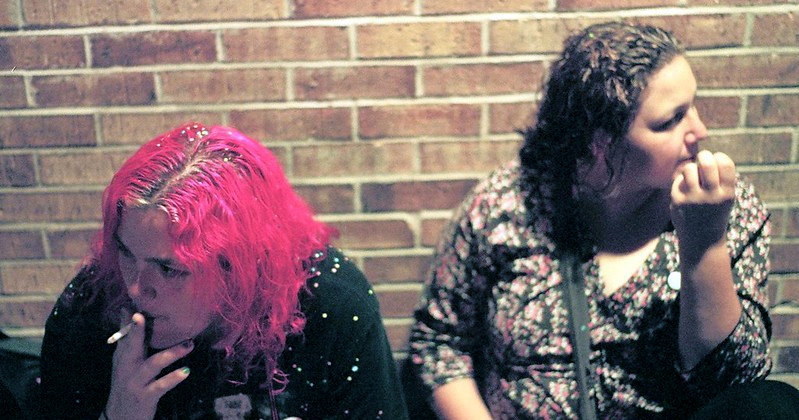Recommendations for use

In these environments, the healthcare professional plays a very important role, as by specific comments you may enhance the patient ’s sense of presence, thus strengthening the subjective feeling that they are in the virtual environment.
It is therefore important to use real elements of everyday life of the patient in order to build a story as close as possible to reality, as this will help the virtual environment to be more significant from the patient’s viewpoint and can generate an emotional attachment.
For example, you can set the scene and explain to the patient that they are at home watching a programme.
For the “Babies health” scene, before reproducing the debate, the healthcare professional can ask the patient to imagine that he or she has just put the baby to sleep and that the intercom is on the coffee table with him or her activated to be aware of the baby. With this, the patient whose concern is that something wrong may happen to their children, will start building an emotional bond from the beginning, associating the simulation to real life. So once the patient realizes they are talking about babies on the television, his or her reaction will probably be stronger.
For the “childrens’ health” scene, it is also recommendable to create an emotional bond by making the patient pay attention to the elements of the scene indicating that a child lives in that house (a toy, a ball…).
As for the “family health” scene, as in the television they are giving the weather forecast and talking about heavy rains, it may be of interest to previously indicate to the patient that it is the time when his or her partner comes home from work, coming by car, etc. Therefore, you will expose them to the concern that something bad happens to a loved one.
For the “thinking about getting sick” , the importance lies in making the patient notice what is on the table: a medical report and a bottle of pills . This will make the patient react more strongly when they hear talk about a disease- for example cancer- on television.
Finally, in the “thoughts about work” scene, the healthcare professional can tell the patient he or she is going to take the subway to go to work (or to go to an important event…), so he or she must be punctual.